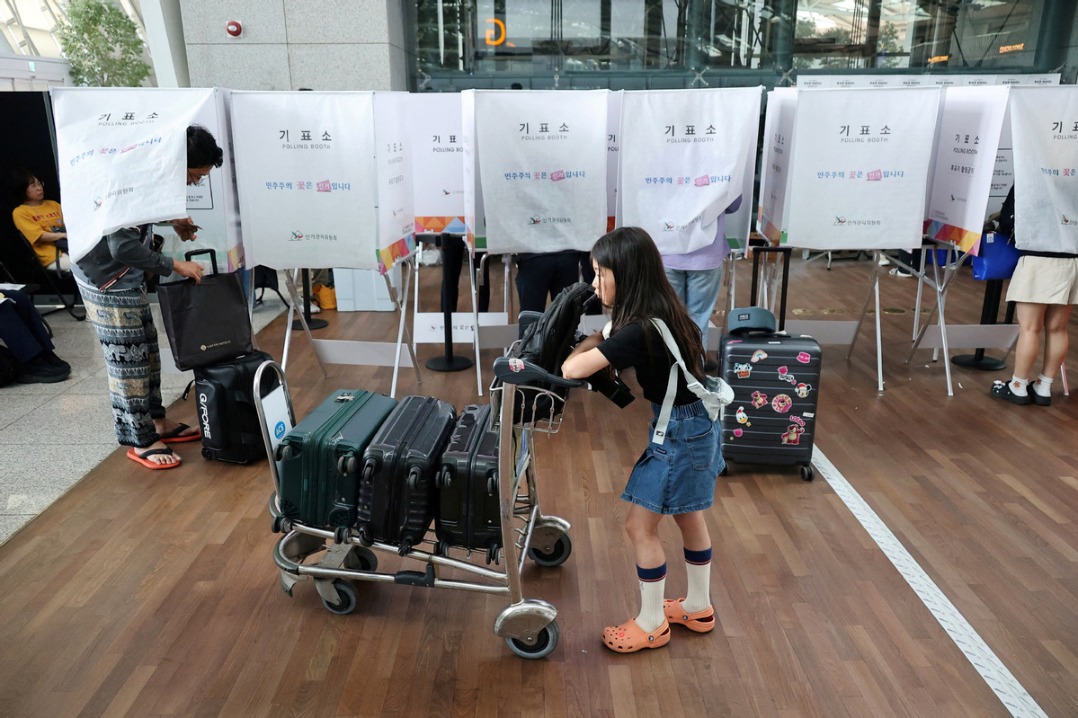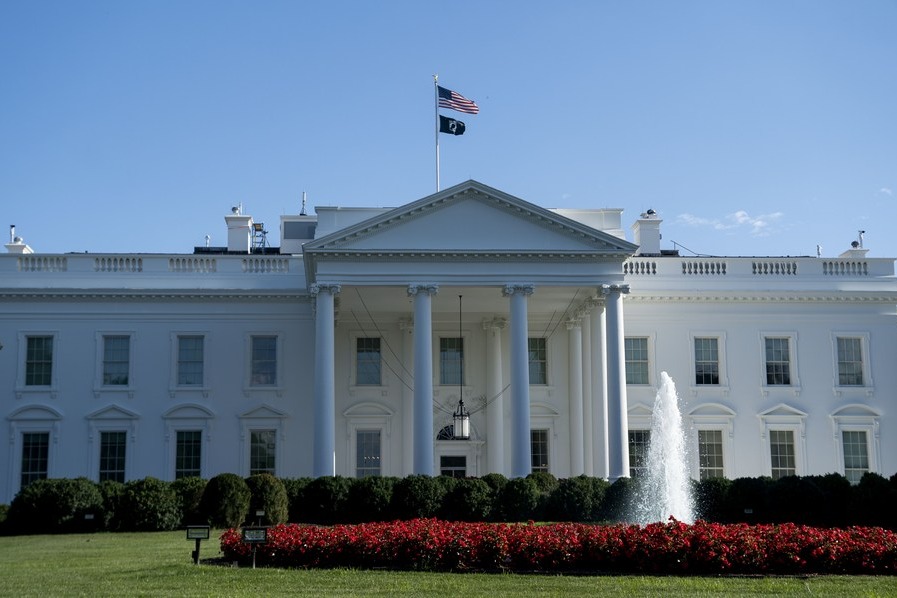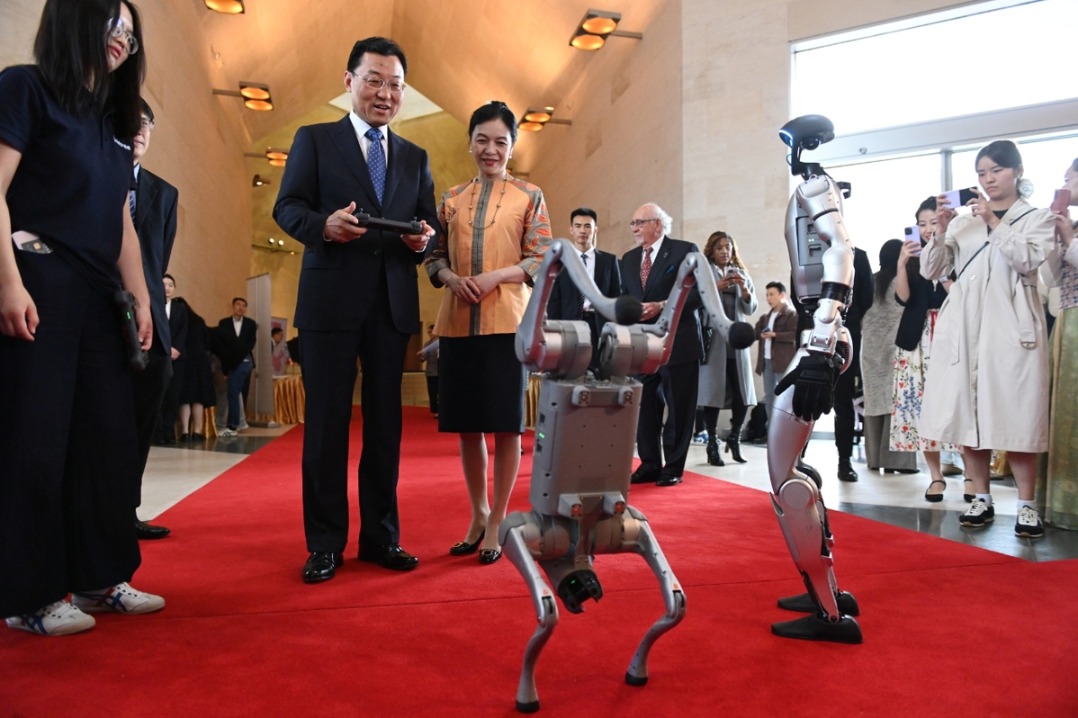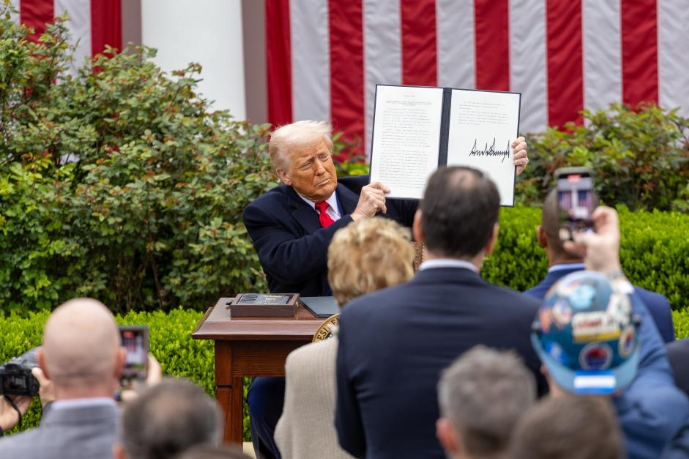Nations make progress in talks on aquatic product safety

China and Japan have "achieved substantial progress" in the latest round of technical exchanges on the safety of Japanese aquatic products, Foreign Ministry spokesman Lin Jian said on Friday.
"Japan promised to take credible and visible measures to guarantee the quality and safety of its aquatic products and ensure that aquatic products meet China's regulatory requirements and food safety standards," Lin told a daily news briefing.
His remarks came after China's General Administration of Customs held a new round of technical exchange with the Japanese side on the safety of Japanese aquatic products in Beijing on Wednesday.
Since the beginning of this year, the two countries have had several rounds of consultations on the safety of Japanese aquatic products.
Lin said such engagements were based on the continuous implementation of international monitoring of the ocean discharge of Fukushima nuclear-contaminated water and the fact that there's no abnormality in the result of China's independent sampling and testing.
When asked about the prospects of the resumption of Japanese aquatic product imports, Lin said, "In accordance with relevant domestic laws and international trade rules, competent authorities will study Japan's request for resuming the Japanese aquatic product imports under the principles of science and safety."
China announced a comprehensive suspension of imports of aquatic products originating from Japan after the Japanese government unilaterally initiated the ocean discharge of nuclear-contaminated water on Aug 24, 2023.
The Chinese mainland was previously the largest overseas market for Japanese aquatic products.
In September 2024, China and Japan reached a four-point agreement on the issue of Fukushima nuclear-contaminated water discharge, focusing on the establishment of a long-term international monitoring arrangement.
Chinese experts independently collected samples of water discharged from the Fukushima power plant in October 2024 and February this year and found no abnormal concentration levels of radionuclides such as tritium, cesium-137 and strontium-90.
zhaojia@chinadaily.com.cn
































